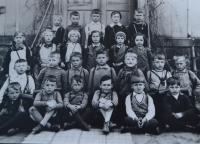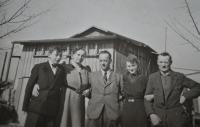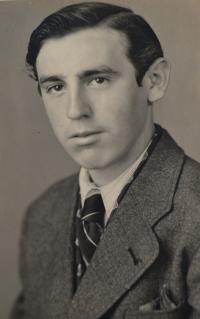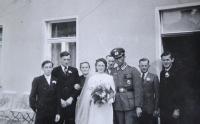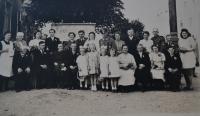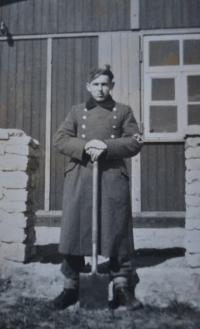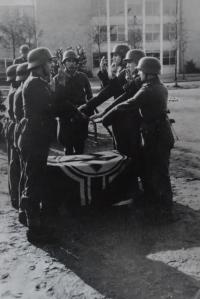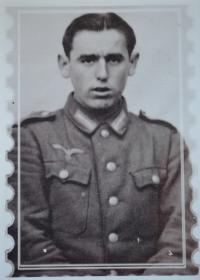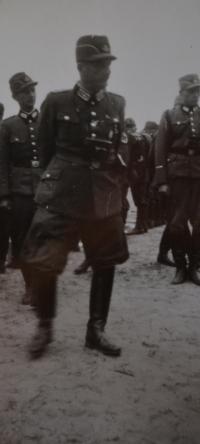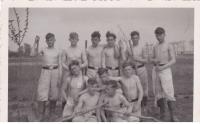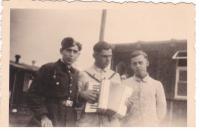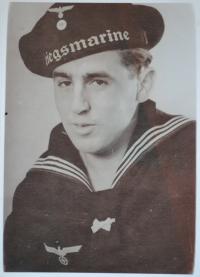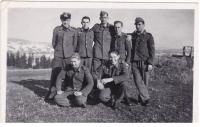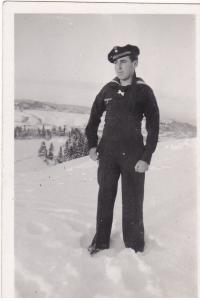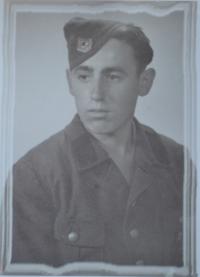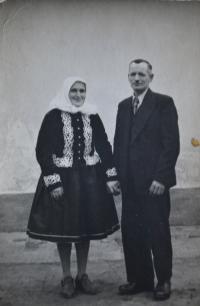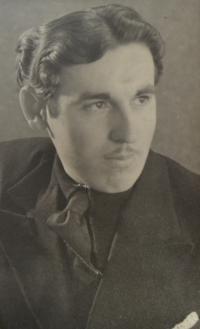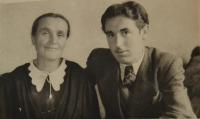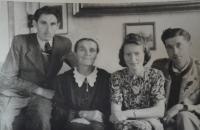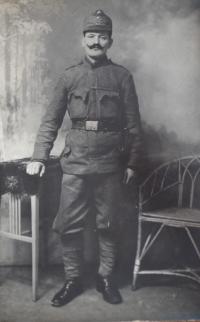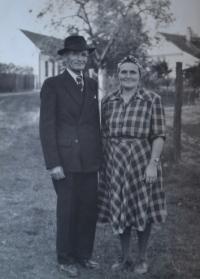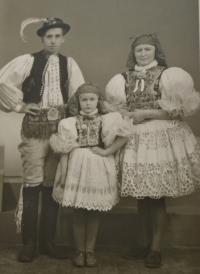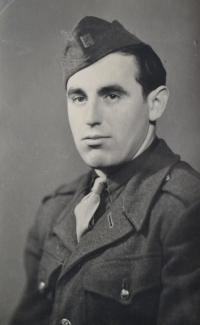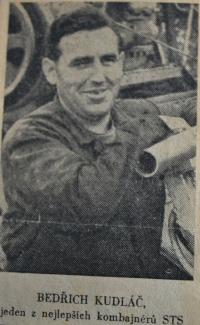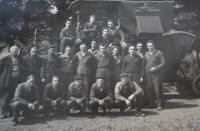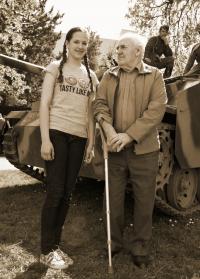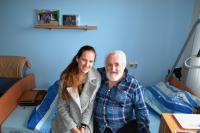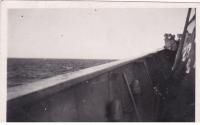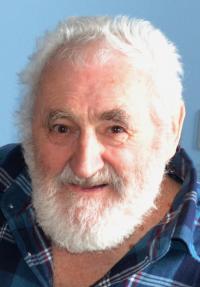It was a big adventure for me

Stáhnout obrázek
Bedřich Kudláč was born Fritz Kudláč on 5 July 1927 in Dresden to a family of a Czech father and a German mother. He had four elder siblings. He completed a German elementary school in 1942 and was deployed as a draftsman. He joined the Kriegsmarine, the navy, in 1943. After the initial training, he went to Norway, studied to become a signaller and worked on boats and submarines. He lived in the ports of Trondheim, Hammerfest and Narvik. When the war ended in 1945 he went through several POW camps and adopted the first name Bedřich. His former Czech citizenship rescued him and he reunited with family after several months. He worked as a fitter after the war. He moved to Vracov in the Hodonín area in 1948. He never went back to Germany.
